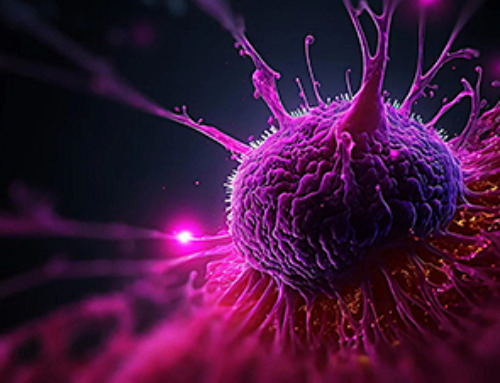My Apple health chatbot referred me to the Amazon hospital where I got Google drugs…
Verily, Calico, Deepmind – more than 150 patents in life sciences and countless collaborations with pharma companies. The search engine’s parent company, Alphabet takes its move into healthcare and medicine seriously. We looked thoroughly at what Google in healthcare looks like.
It’s 2030, a rainy Tuesday morning in downtown Seattle. While my self-driving car is taking me to a digital health symposium, I’m working on my keynote speech. Suddenly I receive a notification from my Apple health chatbot, Miri. The sensors measured my blood pressure, my heart rate, my oxygen saturation, my stress level and my activities, and Miri recommended me to go and see my doctor for a check-up. As I couldn’t be sure whether it only goes down to my excitement due to the conference or there is something to be worried about, I go to the Amazon hospital.
My doctor is miles away, but he is connected to the medical team through telemedicine. They check my medical records attached to the Apple Health app, they examine me thoroughly, and finally, they prescribe me a pill for lowering my blood pressure produced and researched by Google. Do you see a future like this impossible?
What if we look at all the moves tech giants are taking in healthcare?
Image Credit: Google
News This Week
Deadly Pancreatic Cancer Found To “Wire Itself” Into the Body’s Nerves
A newly discovered link between pancreatic cancer and neural signaling reveals a promising drug target that slows tumor growth by blocking glutamate uptake. Pancreatic cancer is among the most deadly cancers, and scientists are [...]
This Simple Brain Exercise May Protect Against Dementia for 20 Years
A long-running study following thousands of older adults suggests that a relatively brief period of targeted brain training may have effects that last decades. Starting in the late 1990s, close to 3,000 older adults [...]
Scientists Crack a 50-Year Tissue Mystery With Major Cancer Implications
Researchers have resolved a 50-year-old scientific mystery by identifying the molecular mechanism that allows tissues to regenerate after severe damage. The discovery could help guide future treatments aimed at reducing the risk of cancer [...]
This New Blood Test Can Detect Cancer Before Tumors Appear
A new CRISPR-powered light sensor can detect the faintest whispers of cancer in a single drop of blood. Scientists have created an advanced light-based sensor capable of identifying extremely small amounts of cancer biomarkers [...]
Blindness Breakthrough? This Snail Regrows Eyes in 30 Days
A snail that regrows its eyes may hold the genetic clues to restoring human sight. Human eyes are intricate organs that cannot regrow once damaged. Surprisingly, they share key structural features with the eyes [...]
This Is Why the Same Virus Hits People So Differently
Scientists have mapped how genetics and life experiences leave lasting epigenetic marks on immune cells. The discovery helps explain why people respond so differently to the same infections and could lead to more personalized [...]
Rejuvenating neurons restores learning and memory in mice
EPFL scientists report that briefly switching on three “reprogramming” genes in a small set of memory-trace neurons restored memory in aged mice and in mouse models of Alzheimer’s disease to level of healthy young [...]
New book from Nanoappsmedical Inc. – Global Health Care Equivalency
A new book by Frank Boehm, NanoappsMedical Inc. Founder. This groundbreaking volume explores the vision of a Global Health Care Equivalency (GHCE) system powered by artificial intelligence and quantum computing technologies, operating on secure [...]














Leave A Comment